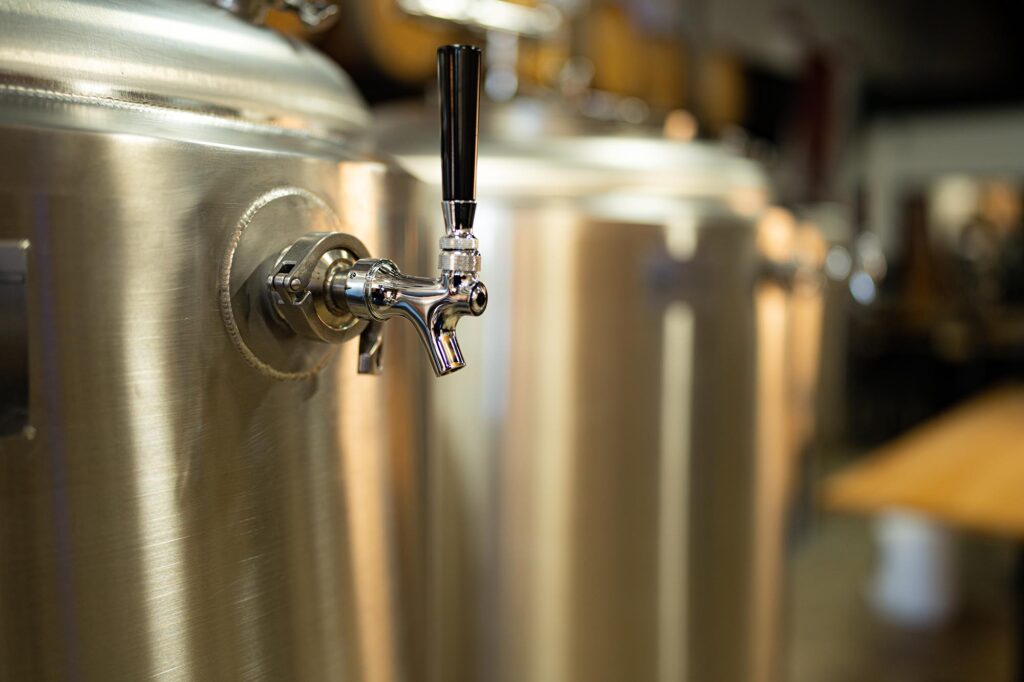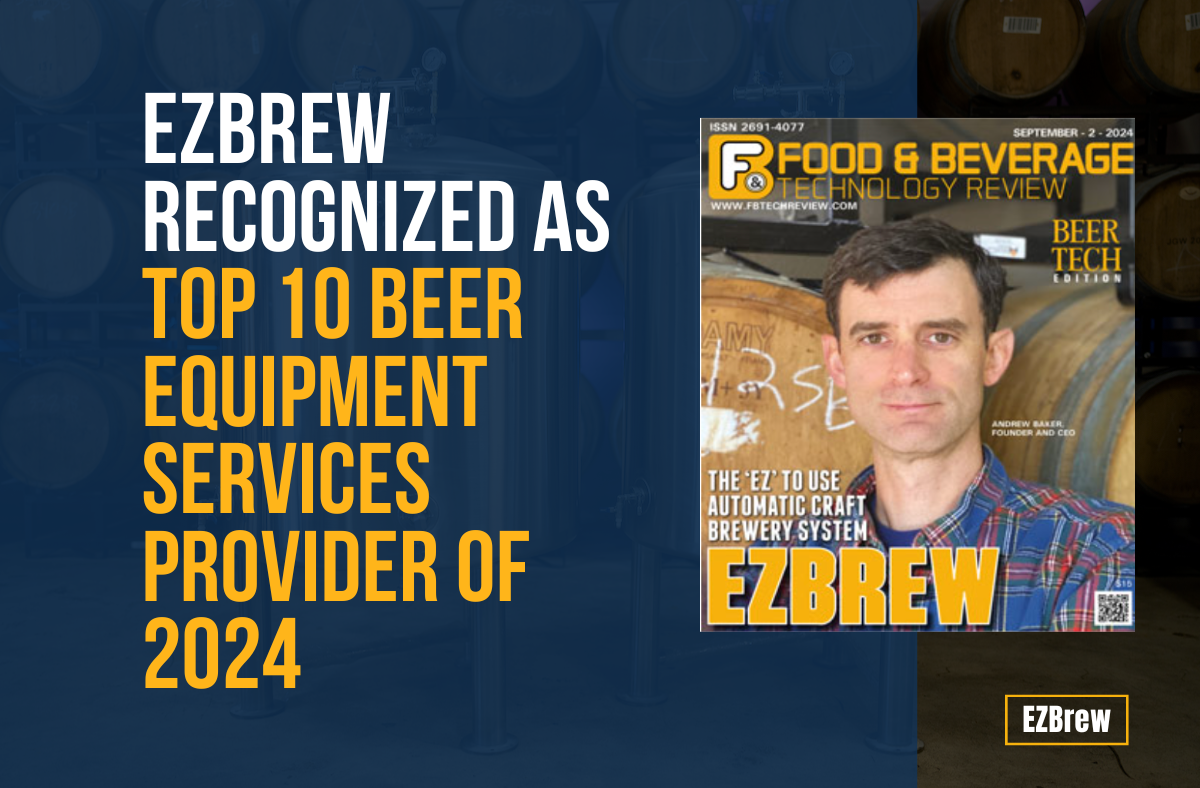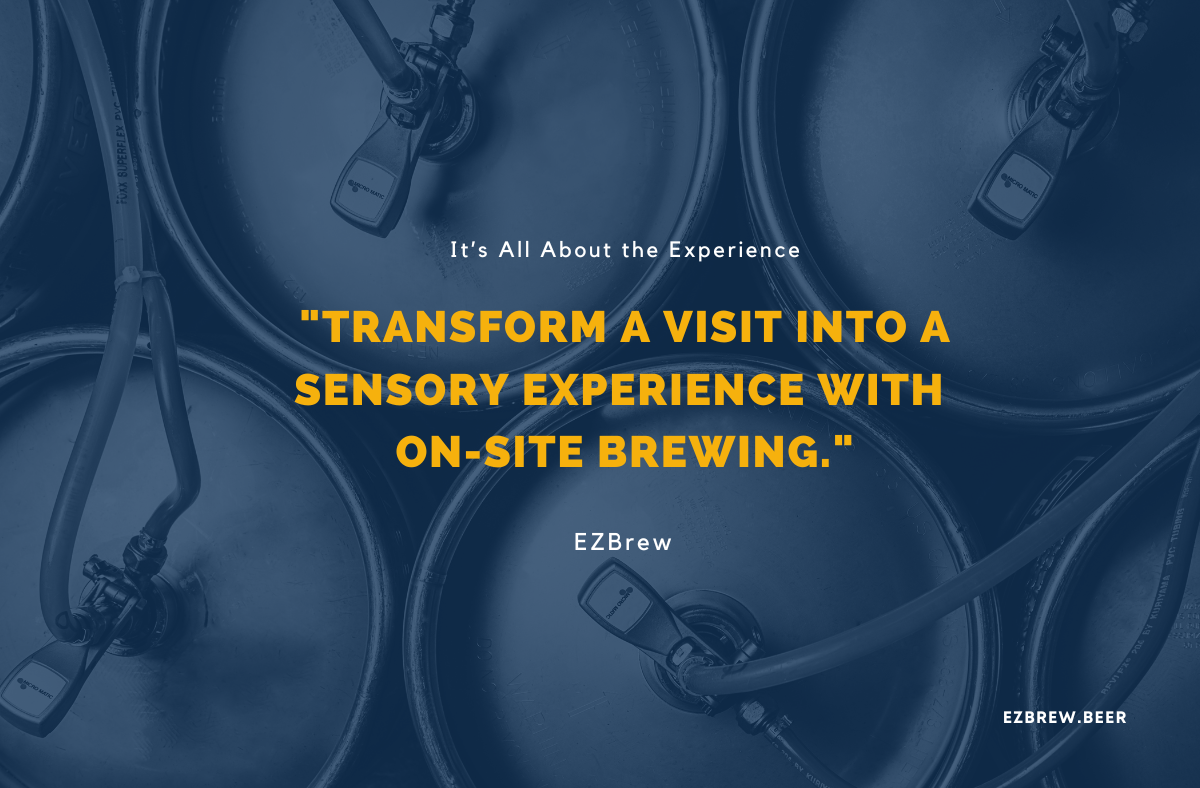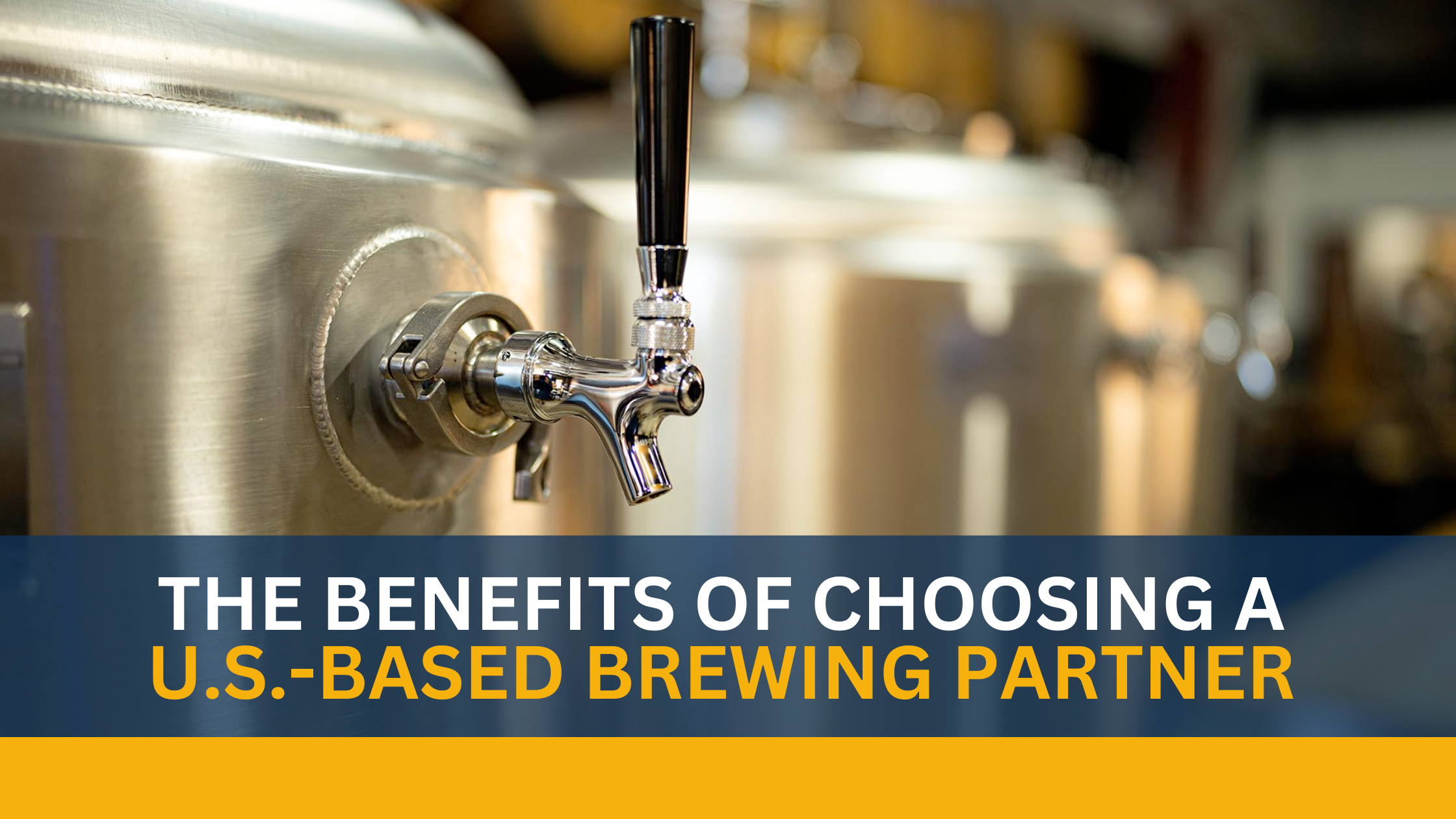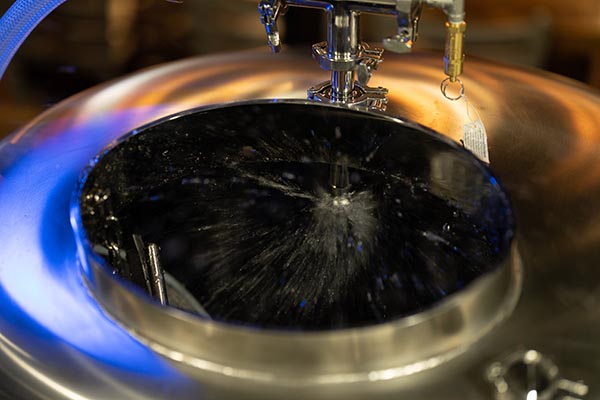Starting a brewery is an exciting endeavor, but it can also be a daunting task. There are many factors to consider when starting a brewery, from finding the right location to understanding the business fundamentals. In this blog post, we will cover the key steps to starting a brewery, including creating a business plan, finding a good location, understanding business fundamentals, and the importance of automation for a beer brewing system. We will also discuss the federal, state, and possible local laws and licenses for making beer.
- Create a Business Plan
Before starting a brewery, it is essential to create a comprehensive business plan. This plan should include an analysis of the market, a description of the target customer, a financial projection, and a marketing strategy. A well-crafted business plan will help you secure financing, attract investors, and navigate the competitive landscape of the brewing industry.
- Find a Good Location
Finding the right location is critical when starting a brewery. The location should be easily accessible to customers, have adequate parking, and be located in an area with high foot traffic. The location should also have the necessary infrastructure, including adequate water supply and drainage, as well as access to electricity and gas.
- Understand Business Fundamentals
Starting a brewery requires a solid understanding of business fundamentals. This includes knowledge of accounting, marketing, and human resources management. It is also important to have a thorough understanding of the brewing process, including the ingredients, equipment, and techniques used to make beer.
- Importance of Automation for a Beer Brewing System
Automation is essential for a modern beer brewing system. Automated brewing systems offer precise temperature and time controls, reducing the risk of human error and producing consistent batches of beer. Automated brewing systems also allow brewers to monitor and control the brewing process remotely, improving efficiency and reducing labor costs.

- Federal, State, and Possible Local Laws and Licenses for Making Beer
Brewing beer is regulated by federal, state, and possible local laws and licenses. Before starting a brewery, it is essential to understand these regulations and obtain the necessary licenses and permits. The Alcohol and Tobacco Tax and Trade Bureau (TTB) regulates the production of beer at the federal level. State and local laws vary, but typically require brewers to obtain a license to produce and sell beer.
In summary, starting a brewery requires careful planning and a solid understanding of business fundamentals. A comprehensive business plan, a good location, and an understanding of regulations and licenses are all essential components of a successful brewery. Additionally, investing in automation for a beer brewing system can improve efficiency, reduce labor costs, and produce consistent batches of beer. By following these steps, you can start a successful brewery and join the growing community of craft brewers across the country.


